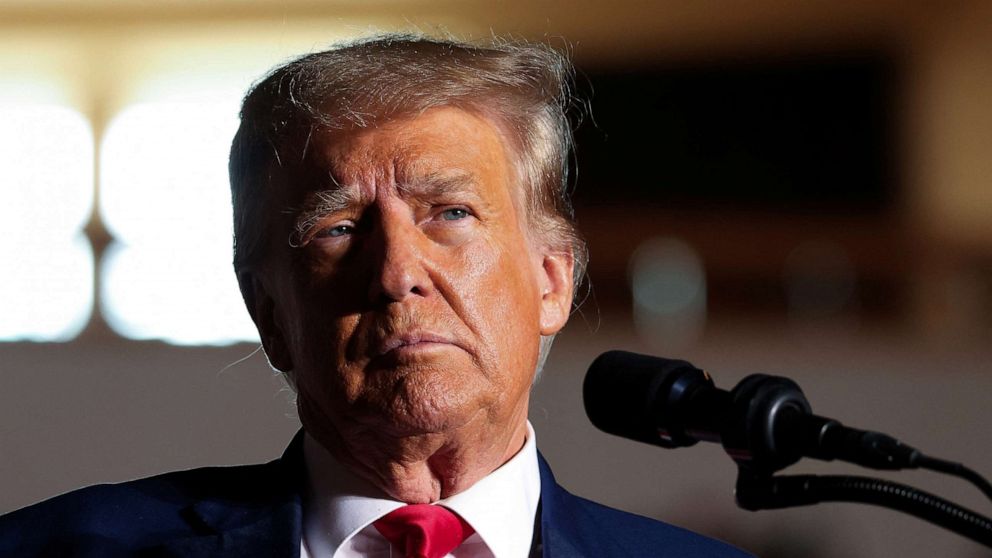The Emergence of a Legal Battle Against Trump: Exploring the 14th Amendment, Section 3
In the aftermath of the January 6th Capitol insurrection and the subsequent impeachment trial, a new legal battle has emerged against former President Donald Trump. This battle centers around the interpretation and application of the 14th Amendment, specifically Section 3. This provision, often referred to as the “Disqualification Clause,” has gained attention as a potential tool to hold Trump accountable for his role in inciting the violent attack on the Capitol.
The 14th Amendment was ratified in 1868 following the Civil War and was primarily aimed at ensuring equal protection under the law for all citizens. Section 3 of this amendment, however, addresses a different aspect of citizenship and public office. It states, “No person shall be a Senator or Representative in Congress, or elector of President and Vice President, or hold any office, civil or military, under the United States, or under any State, who, having previously taken an oath, as a member of Congress, or as an officer of the United States, or as a member of any State legislature, or as an executive or judicial officer of any State, to support the Constitution of the United States, shall have engaged in insurrection or rebellion against the same, or given aid or comfort to the enemies thereof.”
The language used in Section 3 is broad and leaves room for interpretation. It raises questions about what constitutes “insurrection or rebellion” and what qualifies as “aid or comfort” to enemies of the United States. These questions have become central to the legal battle against Trump.
One argument put forth by legal scholars and politicians is that Trump’s actions leading up to and during the Capitol insurrection meet the criteria outlined in Section 3. They argue that his repeated false claims of election fraud, his encouragement of his supporters to march on the Capitol, and his failure to take immediate action to quell the violence all amount to engaging in insurrection or rebellion against the United States. Furthermore, they contend that Trump’s actions provided aid and comfort to those who sought to undermine the democratic process and harm elected officials.
The potential consequences of being found in violation of Section 3 are significant. If a person is deemed to have engaged in insurrection or rebellion, they are disqualified from holding any public office under the United States or any state. This disqualification can only be removed by a two-thirds vote in both houses of Congress.
While the Disqualification Clause has been used sparingly throughout history, it has been applied in cases related to the Civil War and the Reconstruction era. Notably, it was used to prevent former Confederate officials from holding public office unless they were pardoned by Congress. The application of this provision against a former president, however, would be unprecedented.
Legal experts are divided on the likelihood of success in using Section 3 against Trump. Some argue that the provision was intended for cases involving active participants in armed rebellion, rather than elected officials who incite violence. They believe that applying it to Trump would stretch its interpretation beyond its original intent. Others contend that the broad language of Section 3 allows for its application in cases like Trump’s, where his actions threatened the foundations of democracy.
Ultimately, the emergence of this legal battle against Trump highlights the ongoing efforts to hold him accountable for his role in the Capitol insurrection. It also underscores the importance of carefully examining and interpreting constitutional provisions such as the 14th Amendment, Section 3, to ensure their application aligns with the principles of justice and democracy. As this battle unfolds, it will undoubtedly shape the future understanding and application of this rarely invoked provision.



